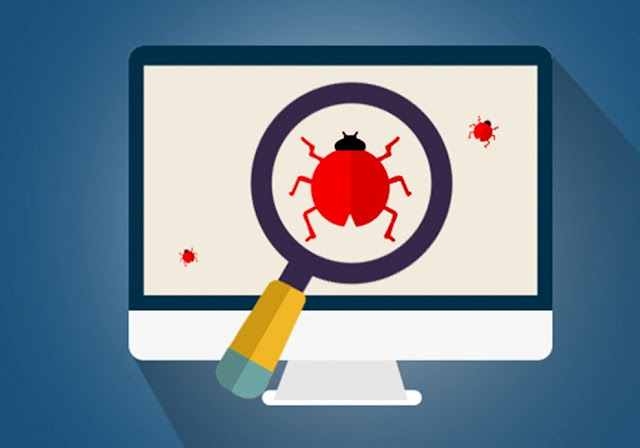- Get link
- X
- Other Apps
- Get link
- X
- Other Apps
Really You Need to Have an Antivirus for PC?
On more than one occasion we always have talked about the importance of protecting our data adequately using an antivirus, we must be protected against the threats that circulate on the network.
Within the corporate world, system administrators and security
managers are responsible for evaluating and implementing those
barriers that prevent these threats that circulate on the network from
wreaking havoc on our business.
However, what about the home or small business user who can't afford a corporate
solution? , on the market, there are security solutions aimed at the domestic
sector or SME, small office & also for home use, which is paid and
offer protection against almost any network threat, however, there are free antivirus software alternatives
that will help us keep our computers protected and at zero cost.
We already talked about antivirus on one occasion, however, not only does an antivirus offer protection against the threats that circulate on the network, well, perhaps a complete security commercial suite yes, but if what we are looking for is something low-cost we will have to combine the functionalities of various tools to achieve an acceptable level of protection on the network.
Also to an antivirus, it will be useful for us to have some utility that prevents us, and eliminates, spyware, that malware that collects information from our system and sends it to a third party without our knowledge or consent.
Inside the free utilities to fight against spyware, we find solutions in the cloud, such as Pest Control that installs an ActiveX (therefore it only works under Internet Explorer ), or desktop solutions such as the well known Ad-Aware, Malwarebytes' Anti-Malware (which has its full paid version) or Spyware Terminator.
I have
used Ad-Aware on more than one occasion and it has gone well with it, the truth
is that it has helped me clean more than a somewhat neglected computer.
A very widespread service is to shorten URLs however, can also be a potential source of risk.
A short URL is an
address from which, a prior, we do not know where it points, therefore, it can
take us to a totally trusted site or a real "minefield". Last the week the McAfee service was
presented, a service to cut URLs with built-in antivirus, to which we can
add other services that check the destination of the URL, such as URL Void or Trend
Protect from TrendMicro.
Many times, especially in a domestic setting, our equipment is shared with our family. It is becoming more and
more common for minors to spend hours in front of the computer browsing the
Internet, however, there is an immense amount of websites and content that are
not suitable for the smallest of the house. To this end, there are cloud
services that act as a content filter, preventing
minors from accessing inappropriate content, either at the ISP level or as
agents installed in the web browser.
Microsoft has available a utility to control Internet Explorer
browsing, Hotmail contacts, and who is contacted through Messenger, which brings out my preference
for free software, to comment on
a Linux equivalent,
specifically for GNOME, the Nanny project that I
want to talk about it in depth later.
Installing these or other utilities on
our computer will help us improve the security of our system, however, there
will always be a gap through which some type of malware can slip,
therefore, the best way to improve total security is awareness
and caution on the part of the user. By the way, what tools do you recommend to complete or improve this list? Do you use
a combination of tools or a comprehensive suit?
- Get link
- X
- Other Apps

Comments
Post a Comment